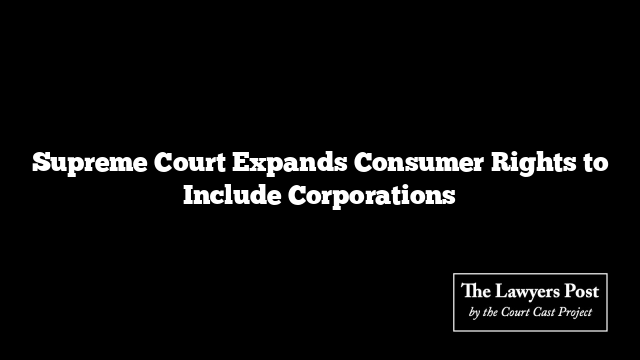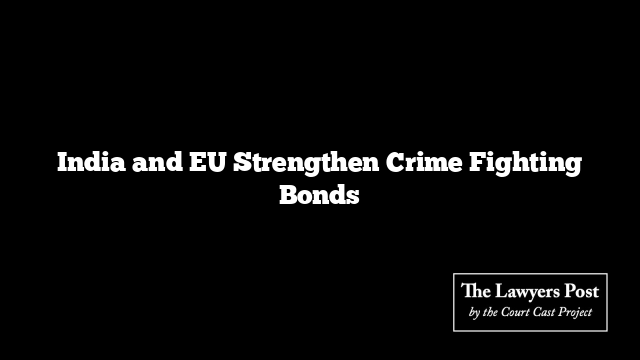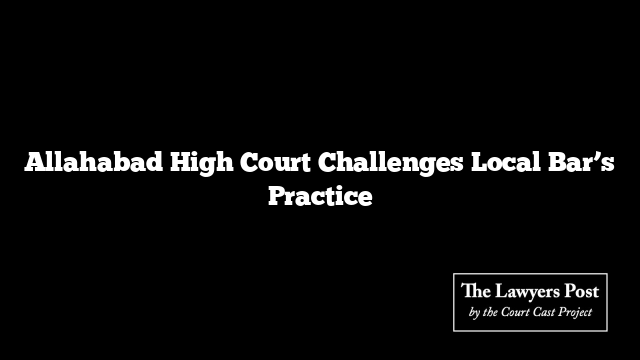In a landmark ruling that could redefine the landscape of consumer rights in India, the Supreme Court has clarified that corporations are entitled to file complaints under the Consumer Protection Act of 1986. This decision reverses a previous stance by the National Consumer Disputes Redressal Commission (NCDRC), affirming the legal standing of corporate entities as ‘persons’ within the ambit of consumer law.
Judicial Overview and Case Background
At the heart of this case was the denial of a fire insurance claim by SBI General Insurance Company Limited, valued at Rs. 3.31 crores, against Kozyflex Mattresses Private Limited. The NCDRC had initially ruled against Kozyflex, arguing that as a corporate entity, it did not meet the definition of a ‘person’ eligible for filing a consumer complaint as per the Consumer Protection Act of 1986. However, the Supreme Court’s bench, comprising Justices B.R. Gavai and Sandeep Mehta, disagreed with this interpretation.
Interpretation of ‘Person’ in Consumer Protection Act
The Supreme Court’s analysis focused on the inclusive definition of ‘person’ in the 1986 Act, emphasizing that it was designed to be broad and accommodating. The court noted the 2019 amendment to the Act, which explicitly included corporate bodies within the definition of ‘person’, highlighting a legislative intent to correct previous exclusions.
Legal Reasoning and Implications
Justice Sandeep Mehta, authoring the judgment, stated, “The definition of ‘person’ as provided in the Act of 1986 is inclusive and not exhaustive. Consumer Protection Act being a beneficial legislation, a liberal interpretation has to be given to the statute.” This interpretation underscores the judiciary’s role in interpreting laws in a manner that benefits the widest possible group.
The court also addressed the specific circumstances of the insurance claim, clarifying that the policy was designed to cover damages from specific risks like fire, without any commercial purpose exclusion. This point was crucial in refuting the insurance company’s argument that the claim was inadmissible on the grounds of being filed for commercial purposes.
Court’s Directive and Future Proceedings
In addition to setting a significant precedent, the Supreme Court directed that Kozyflex be allowed to submit a rebuttal or objections to the reports used by the insurance company to deny the claim. This ensures that the company gets a fair chance to present its case, with the National Commission instructed to reassess the matter on its merits.
This ruling marks a pivotal moment in the evolution of consumer rights in India, potentially broadening the scope of protection to include a wider array of entities, including corporations. It reaffirms the judiciary’s commitment to interpreting laws in a manner that extends benefits and rights to a broader segment of society, including the corporate sector. The implications of this decision are far-reaching, potentially influencing future legislation and judicial decisions in the realm of consumer rights.





